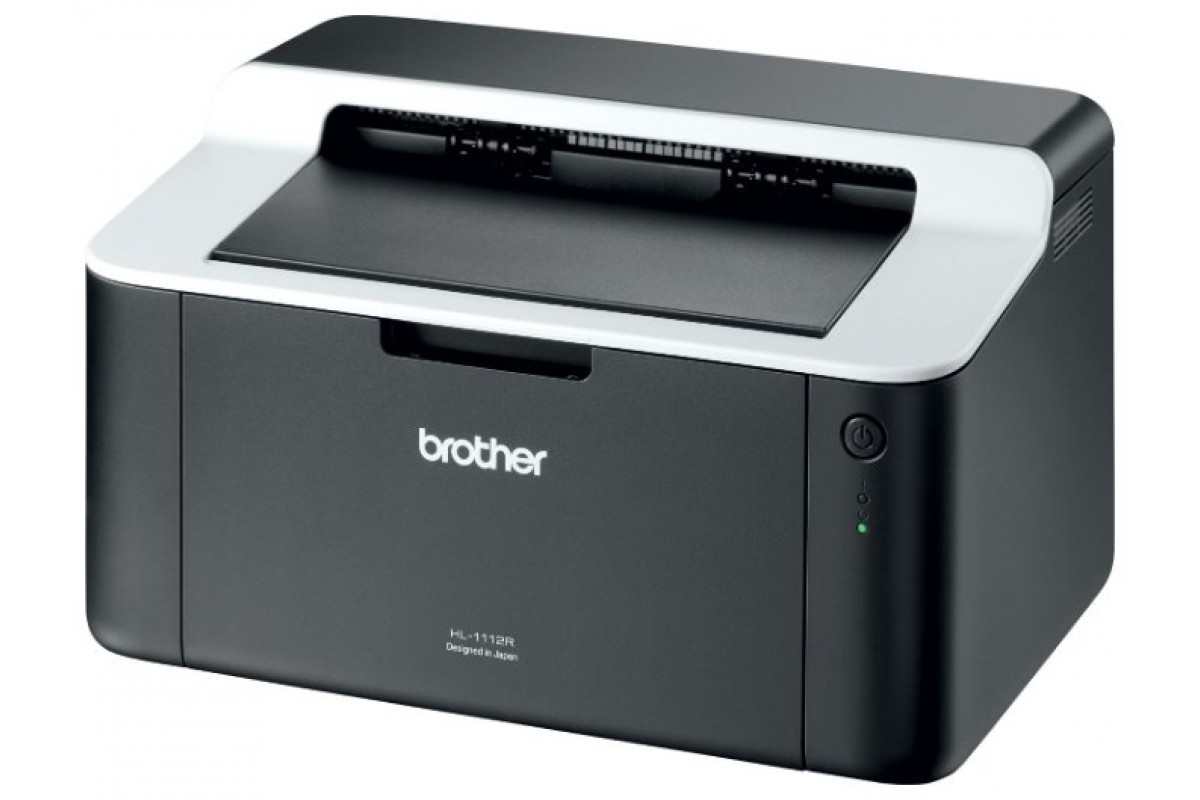Review of HTC Exodus 1s smartphone with key features

Modern manufacturers of electronic devices make a lot of efforts to satisfy the diverse needs of potential consumers. Thus, the Taiwanese brand NTS oriented the presented Exodus 1s to a user in need of a device capable of conducting transactions with cryptocurrency locally. What key features and main characteristics the presented model differs will be discussed in the article below.
Exodus 1s features

The highlight of the model is the presence of the built-in wallet Zion Wallet, thanks to which it is possible to conduct transactions via Bitcoin, Ethereum, as well as other relevant cryptocurrencies. In addition, the device verifies transactions as an independent unit of the blockchain system. It should be noted that for the implementation of this moment, it is important to consider the following:
- the device must have access to the Internet via a wireless wi-fi network and a connection to the electrical network (in order to avoid an unexpected shutdown, taking into account the parameter of the battery device capacity of 3075 mAh and the power required to start a full-fledged node);
- it is imperative to use a memory card with a volume of at least 400 GB for the device to work correctly as a node of the blockchain system, since the size of the bitcoin registry is 260 GB, plus its increase for each year is 60 GB.
Appearance
A visual assessment of the device, which became possible due to the official presentation, allows us to note that the presented model is distinguished by the severity of the forms, the restraint of the color scheme of the body of the product (made in classic black). The original print of the rear panel allows identifying a smartphone from the faceless mass of devices of similar design.

Other identifying elements of the exterior design include a fingerprint sensor on the back surface and single front and rear photographic modules. Their placement is standard, like a great many similar devices: a sensor that recognizes a fingerprint is located on the rear surface, above it is the main camera, the front camera is traditionally located in the upper part of the front panel.
Specifications

| Parameter name | Characteristic |
|---|---|
| Display | 5.7 ", IPS, 1440x720 |
| CPU | Snapdragon 435, 28nm |
| Graphics processing unit | Adreno 505 |
| Operating system version | Android 8.1 - oreo |
| RAM, Gb | 4 |
| Built-in memory, Gb | 64 |
| Main camera | 13 Mp |
| Front-camera | 13 Mp |
| Battery capacity, mAh | 3075 |
| Observation equipment characteristic | fingerprint sensor |
| accelerometer | |
| proximity sensor | |
| Zion crypto wallet | |
| dApps | |
| Secure enclave | |
| Social Key Recovery | |
| Bitcoin Full Node support | |
| Connections | wi-fi 802.11 a / b / g / n / ac |
| bluetooth 5.0 | |
| GPS A-GPS, Galileo, Glonass, BDS | |
| USB microUSB 2.0 |
Display
The device is equipped with a touch screen with a diagonal of 5.47 inches and a resolution of 720 * 1440 pixels.
The manufacturer did not save on the matrix: IPS technology was used in the gadget.With its help, it is possible to implement decent viewing angles and a good level of color palette rendering (it is not for nothing that this type of matrix is preferred by graphic design specialists, masters who create photographic products and video editing).
The display has a comfortable for visual perception of any content aspect ratio (height / width) - 18/9 (two to one).
Platform
It does not hurt to note that the device has not the latest version of the operating system (Android 8.1) and a slightly outdated chipset (Snapdragon 435, which is based on a 28 nanometer technological process). Adreno 505 is used as a GPU.
Memory options
By modern standards, the presented volumes of internal storage of 4 GB / 64 GB (RAM / ROM, respectively) are not impressive. But for solving the current everyday tasks that an average smartphone has to implement, they may well be enough.
But taking into account the fact that the smartphone is positioned as a blockchain device, these values are clearly not enough for the gadget to function as an independent device - you will need an SD card, which is purchased separately (as mentioned earlier, its volume should be no less than 400 GB) ...
Battery device
The unit has a modest battery life of 3075 mAh. A non-removable lithium polymer battery stores charge. The available indicator of autonomous operation from a single charge will be enough to maintain the device's working condition during the day when the unit is operated as a regular smartphone. However, the specific purpose of the gadget will not allow not to resort (possibly repeatedly throughout the day) to the services of the power grid.
Cameras
Both the rear camera and the selfie module are equipped with 13 megapixel single cameras with LED flash.


These sensors operate in the high dynamic range mode and realize the shooting of amateur-level videos in 1080 @ 30 fps, plus the main camera will help to create video files in 2160 @ 30fps format.
Network and interfaces
The phone received a tray for 2 units of nano-format SIM cards, their work is organized in dual standby mode.
The device supports the familiar option associated with the exchange of information between electronic devices. The leading role in this matter belongs to the wireless Internet wi-fi. As mentioned earlier, his presence is a vital necessity for the gadget to work correctly as an independent node of the blockchain system. The phone provides dual-band Wi-Fi 802.11 a / b / g / n / ac with a hot access point and wi-fi direct, which contributes to the establishment of direct communication between devices without the presence of an intermediate electronic unit. Bluetooth version 5 will also help to exchange data (but already at a short distance).
The provision of data on the point of dislocation of the object at the current moment in time within the planet is within the competence of satellite navigation aids A-GPS, BDS, Glonass, Galileo.
It is possible to connect to an adapter or other devices via the well-known microUSB 2.0.
There is no FM radio in the unit.
Sound
The device implements a speakerphone mode, as well as active noise suppression.
There is a headphone jack (3.5 mm minijack).
Additional features
The security of the data stored in the phone is implemented by a fingerprint sensor. The type of matrix used (IPS) does not allow embedding the sensor directly into the screen, so it is usually placed on the back surface.
The process of activating the sensor that recognizes the fingerprint is as comfortable as possible: the configuration of the device allows the device to fit comfortably in the palm of the hand and the finger practically rests on the sensor itself, which reacts by unlocking the device, providing access to phone files (or, on the contrary, restricting it).
There are also a proximity sensor and an accelerometer standard for modern smartphones.The first one will react with the screen unit to the physical approach of the unit to the ear, which will eliminate accidental presses and help save battery power. The second will track the turns of the structure in space.
Under certain conditions, the compass application may become relevant, which will help you find the desired object on the ground.
A special place belongs to the Zion crypto wallet, as well as other elements of surveillance equipment (bitcoin full node support, secure enclave, social key recovery, decentralized apps), which allow launching the bitcoin node in full directly on the phone device.
The cost
According to preliminary information, the price for the new model will be about 220 euros.
Advantages and disadvantages

The Exodus 1s review helped shape the initial impression of the new blockchain smartphone. The key feature of the model is the ability to use it as a full-fledged bitcoin node. In this case, the owner can store the entire cryptocurrency register on a microSD card. However, it is important not to forget that its size is 260 GB, and an increase of 60 GB annually at some point will lead to the depletion of external storage resources. At the same time, the hardware part is characterized by mediocre performance. What points prevail in the new product, positive or negative, is up to the future user of the new device to decide. At the stage of preliminary consideration, the following pros and cons of a beginner can be noted.
- increased confidentiality of the offline database;
- a combination of affordable cost and the ability to operate the device as a full-fledged bitcoin node;
- a matrix that provides excellent reproduction of the color palette and decent viewing angles, comfortable display parameters for the perception of information; stylish modern design.
- the launch of the node is possible only when the device is connected to charging due to the energy consumption of the operation;
- modest parameter of battery autonomy;
- limited resources of external memory, which after a certain period of time will be exhausted;
- not the latest version of the operating system and a somewhat outdated processor model.
new entries
Categories
Useful
Popular articles
-

Top rating of the best and inexpensive scooters up to 50 cubic meters in 2024
Views: 97661 -

Rating of the best materials for noise insulation for an apartment in 2024
Views: 95022 -

Rating of cheap analogues of expensive medicines for flu and colds for 2024
Views: 91751 -

The best men's running shoes in 2024
Views: 87680 -

Top ranking of the best smartwatches 2024 - price-quality
Views: 85091 -

Best Complex Vitamins in 2024
Views: 84801 -

The best dye for gray hair - 2024 top ranking
Views: 82406 -

Rating of the best wood paints for interior use in 2024
Views: 77202 -

Ranking of the best action cameras from China in 2024
Views: 75269 -

Rating of the best spinning reels in 2024
Views: 74827 -

The most effective calcium supplements for adults and children in 2024
Views: 72462 -

Top rating of the best means for male potency in 2024 with a description
Views: 68296









